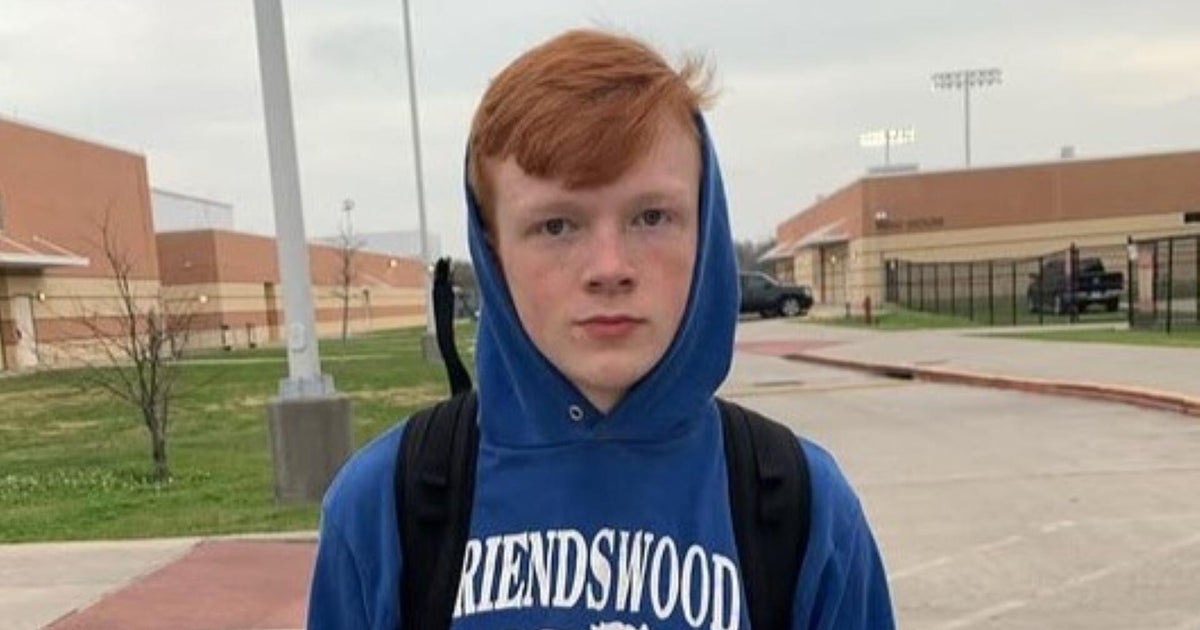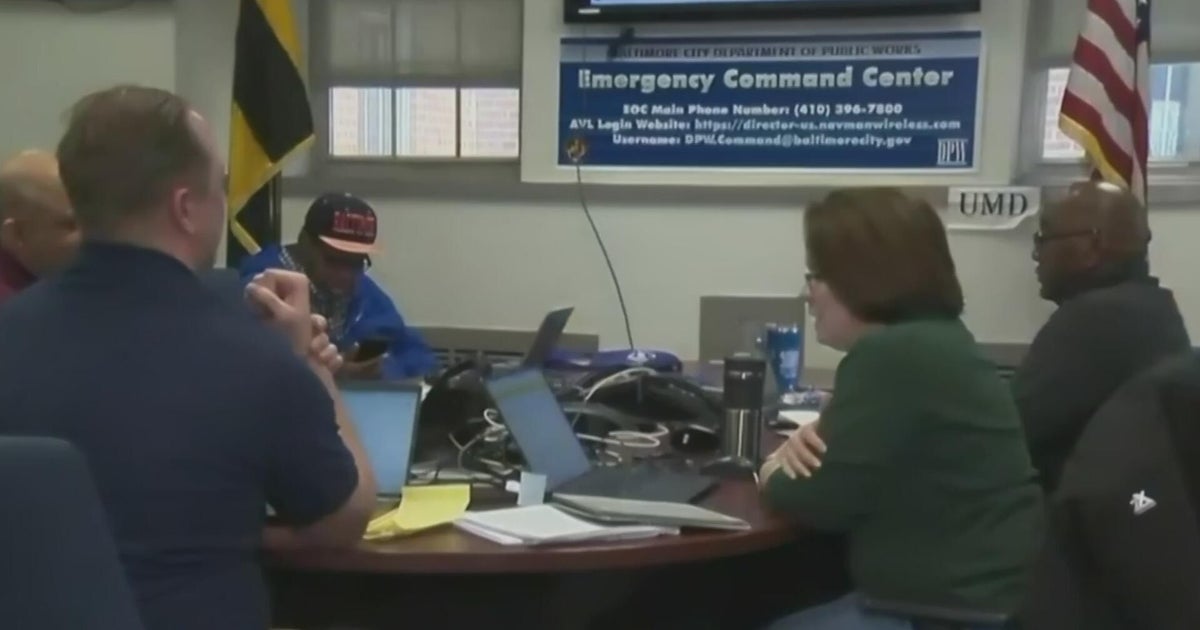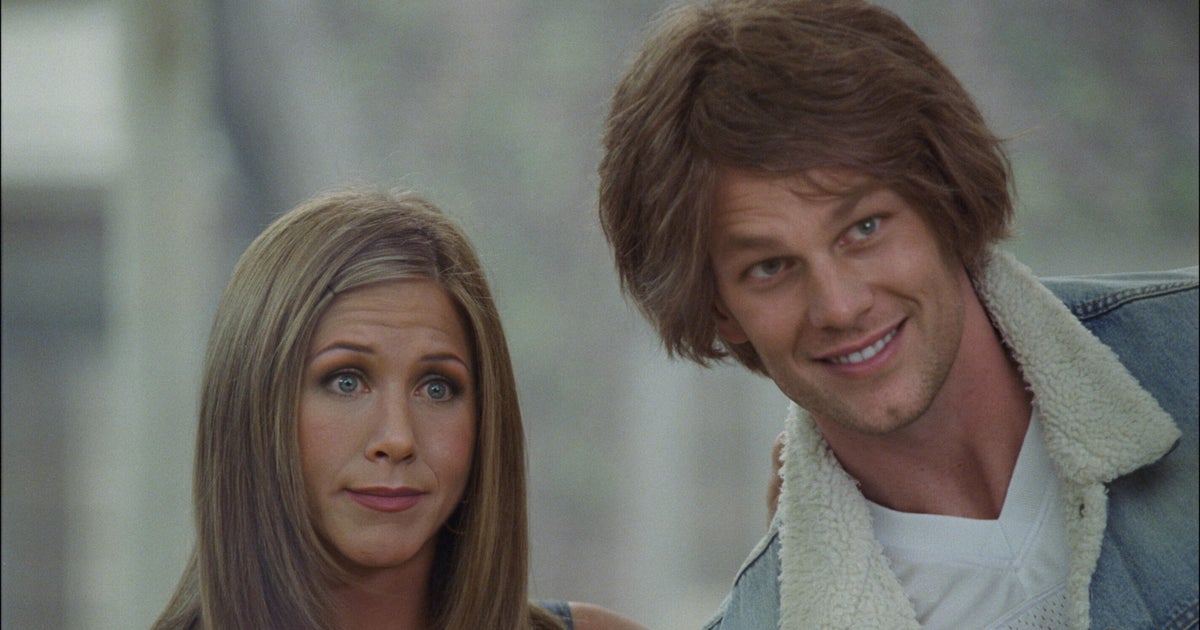Jay Bilas Responds To Texas AD, Challenges Current NCAA Model
DALLAS (105.3 THE FAN) -- Texas Longhorns Athletic Director Steve Patterson isn't pleased with the negative publicity surrounding the NCAA's treatment of student athletes.
Pressure is mounting on universities to provide additional compensation to student athletes -- a view Patterson vehemently disagrees with.
The Texas AD went on the offensive on Monday, attacking critics and calling out a reputable college basketball analyst with ESPN.
"It's absolutely agents and trial lawyers that are the whole reason we're talking about this. You've got guys like Jay Bilas out there making the claim that scholarships aren't worth anything, and nobody says anything to discredit that. … So who is saying with any rationality or any fact that student athletes on a full ride aren't getting something? They're just flat-out wrong and they're liars. And they're doing the bidding of agents and trial lawyers."
Bilas joined Shan & RJ on Wednesday to defend his position.
"I've never heard anybody, especially me, say that athletes don't get anything or scholarships aren't worth anything," said Bilas. "I do say that athletes by definition are exploited. They're not mistreated in any way, but they are exploited."
Jay Bilas joins Shan & RJ
Bilas believes that student athletes, who are a key part of a multi-billion dollar business, deserve to be compensated -- just as coaches and administrators are.
"When you've got a multi-billion dollar business, and everyone gets fair market value -- including Steve Patterson and every other student except an athlete -- but the athletes are limited to a scholarship only -- which is their expenses in this multi-billion dollar business -- that's exploitation by definition."
Taking it a step further, Bilas says that Patterson and others have argued in the past that many student athletes aren't even worth the value of their scholarship. Bilas says this idea contradicts "basic economics".
Critics have also suggested that compensating athletes would in turn force college programs to cut many sports, something Patterson reiterated in his interview with the Sports Business Journal.
"You're going to take this money and it's going to gravitate to a handful of guys on the football team and maybe a handful on the basketball teams. And so what's going to happen to the budgets? It's going to wipe out men's sports and it's going to wipe out women's sports."
According to Bilas, the idea that programs would be cut is simply not true.
"No economist would agree with that," said Bilas. "It's not a zero-sum game. The money keeps going up and up and up. The idea somehow that if the athletes get a dollar more, that dollar is coming out of another sport -- all you have to do is look at division two, division three. They have all these sports and they're not making the revenue."
Patterson also suggested that only a handful of athletes make it to the NBA, NFL, and MLB each year from the University of Texas. Does that suggest that the athletes aren't as valuable as many believe?
Bilas doesn't think so.
"No [NCAA] coach is told, 'Hey, listen, we're going to limit your pay across the board because you guys are getting to work in great facilities with the finest young athletes. If you hone your skills well enough to where you can coach in the NBA, great. But until then, you're going to take your expenses only across the board and that's going to be our rule...' It would be struck down in a court in no time."
Bilas points out that his daughter, a current college student and artist, makes significant money by selling her art to the public -- without restrictions.
"A regular student can make whatever they want. As long as they do their work, they get their degree. But boy, if you're an athlete that's frankly making billions of dollars in this enterprise -- and that's what the athletes are doing -- then all of a sudden you've got this restriction on you."
But how would universities possibly determine the value of their student athletes? It's simply too complicated.
"It's really not that hard. The idea that it's too complicated -- it's an excuse, not a justification."
(©2014 CBS Local Media, a division of CBS Radio Inc. All Rights Reserved. This material may not be published, broadcast, rewritten, or redistributed.)
Latest News:
Top Trending:
- PHOTOS: Your Pet Pictures







